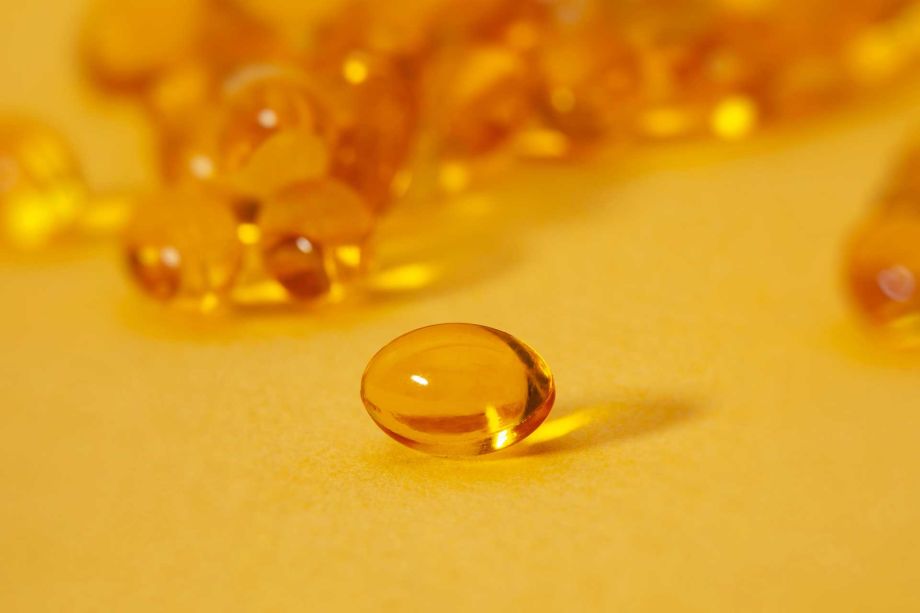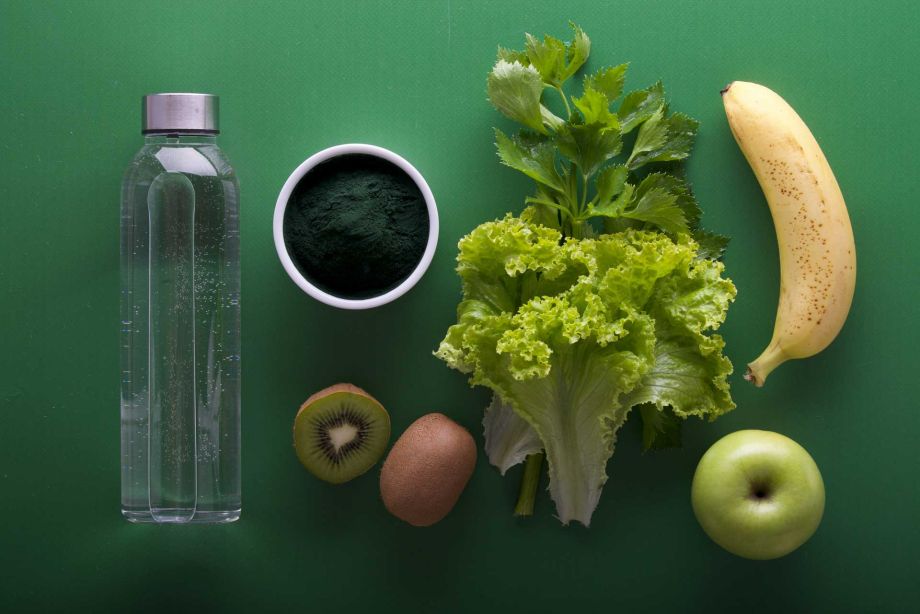Crafting Holiday Resilience: A Recipe for Serenity
Crafting Holiday Resilience: A Recipe for Serenity
The holiday season arrives like a symphony of goodwill and peace, yet within its enchantment lies an undercurrent of stress and anticipation. The pressure to meet societal expectations and create a picture-perfect celebration often overshadows the true essence of this magical time. However, with a deliberate focus on self-care and thoughtful planning, it’s entirely possible to elevate mental serenity and physical endurance, allowing us to revel in the holiday spirit.
In the pursuit of fostering resilience during this season, here’s a recipe that prioritizes self-care:
1. Avoid the Expectation Trap
The holiday commercials and media portray idyllic scenes that set unattainable standards. It’s effortless to get entangled in societal and personal expectations, trying to match a fabricated ideal. Instead, redirect your attention towards what genuinely fulfills and completes you.
2. Redefine Priorities
Consider placing your mental health and well-being at the forefront of your holiday agenda. Embrace the freedom to reassess activities that invigorate and bring joy. Communicate and establish boundaries that foster equilibrium and significance. Engage family members in this introspective exercise to ensure everyone’s needs are considered.
3. Embrace Gratitude
Craft a list of individuals who bring joy and gratitude into your life. Spend quality time with them, fostering genuine connections and shared enjoyment. Express your gratitude openly as studies indicate that doing so diminishes stress hormones, amplifies happiness, fortifies relationships, and sparks creativity.
4. Revamp Your To-Do List
Compile a list of customary holiday tasks. Prioritize those that genuinely bring personal joy or pleasure in serving others. Introduce new activities that intrigue you, like embracing a festive outing or simply indulging in self-care by lounging and relaxing.
5. Eliminate, Delegate, Seek Support
Identify obligations or routines that drain your energy or induce stress and self-criticism. Grant yourself permission to eliminate these from your list. Liberating yourself from these burdens creates space for endeavors that invigorate your spirit. Delegate tasks to willing participants, allowing them the joy of contribution while lightening your load.
6. Embody the True Essence
Recognize and celebrate placing yourself atop your holiday priorities. Experience the liberation and elation that arises from such self-love and care. Cherish the newfound mental space to embody the core values of your cherished traditions. Embrace the fundamental principles of love, kindness, and peace, sharing these priceless gifts with yourself and others.
Wishing You a Season Filled With Restorative Peace and Joyous Celebrations.



